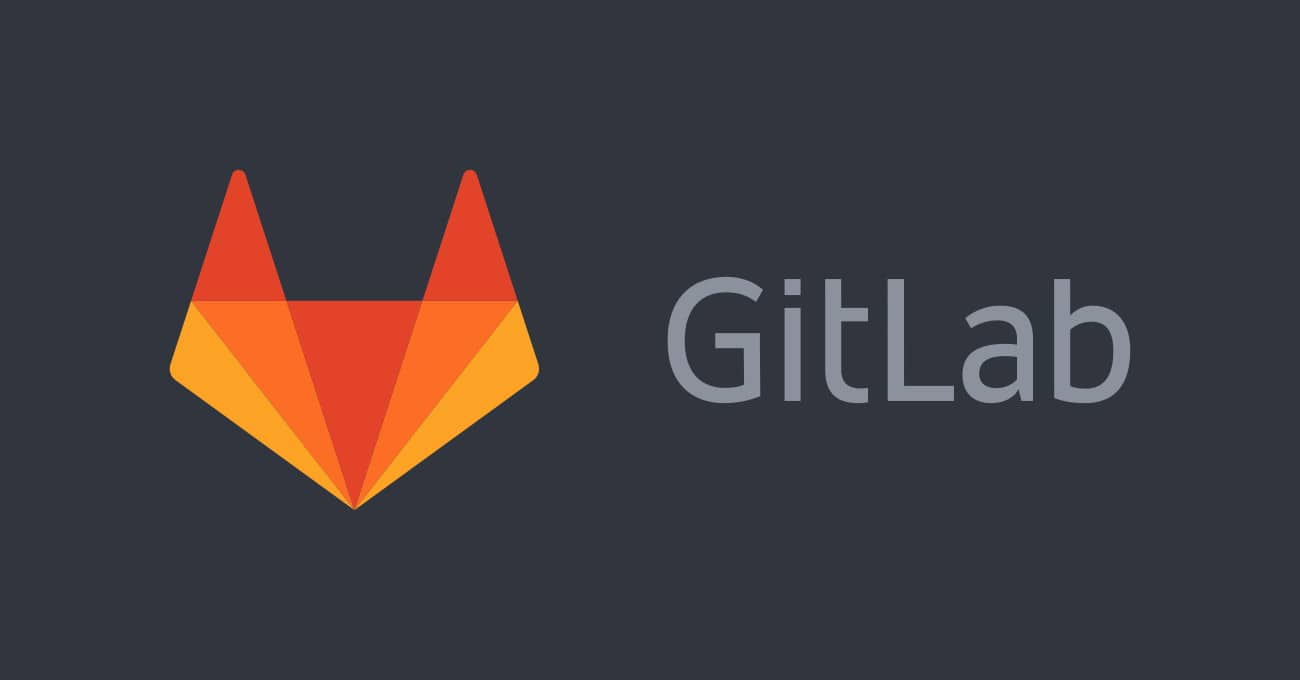
GitLab acquires developer-centric chat platform Gitter to rival GitHubLondon-based Gitter is not as big as an enterprise chat service like Slack that has millions of active users but is fair enough for GitLab with a community of over 800,000 developers. The platform allows code makers to chat and interact with each other seamlessly to solve their problems. Moreover, it can be accessed through GitLab, GitHub or even Twitter.
GitLab is not apparently planning to make any major changes to the original Gitter model and thus, the platform “will continue to operate as a standalone network” and can be accessed through a GitLab account or even using GitHub or Twitter credentials.
Open sourcing project
However, GitLab CEO Sid Sijbrandij confirms in a blog post that the entire Gitter platform will be released as an open source project. The GitLab integration will also be improved with a ‘Login with GitLab’ option to let users create chat rooms and communities from GitLab groups and projects.
“Gitter has always provided unlimited free chat for public communities, as part of the acquisition, all provide conversations will now be free and unlimited too,” Sijbrandij writes in the post.
Gitter co-founder Andrew Newdigate details that conversations that were previously limited to 25 people in private rooms will now be free and unlimited and the existing paid subscriptions will cease to renew. “All existing paid subscriptions will cease to renew as this functionality is now offered for nothing and any subscription charges made in the last three weeks will be refunded,” he says.
A part of building ‘most popular’ SaaS solution
The latest acquisition by GitLab is a part of the company’s strategic plan that aims to make the online repository the “most popular” SaaS (Software-as-a-Service) solution for public repositories.
“While we are still years away from reaching this goal, we recognize great project chat is an essential element of most open source projects. Gitter is the leading solution and we expect it to grow even larger in the coming years. When the opportunity came to combine forces, we decided to do it,” GitLab’s Sijbrandij highlights.
The plan of making the dominating SaaS solution would empower GitLab to counter GitHub that already leads the market of online repository platforms with more than 26 million users. But notably, the existing position of GitLab is not a few steps away from the GitHub position.
GitLab currently has more than 1,000 contributors. Further, over 100,000 organisations are using the online repository platform that has free and enterprise models.















































































